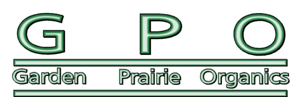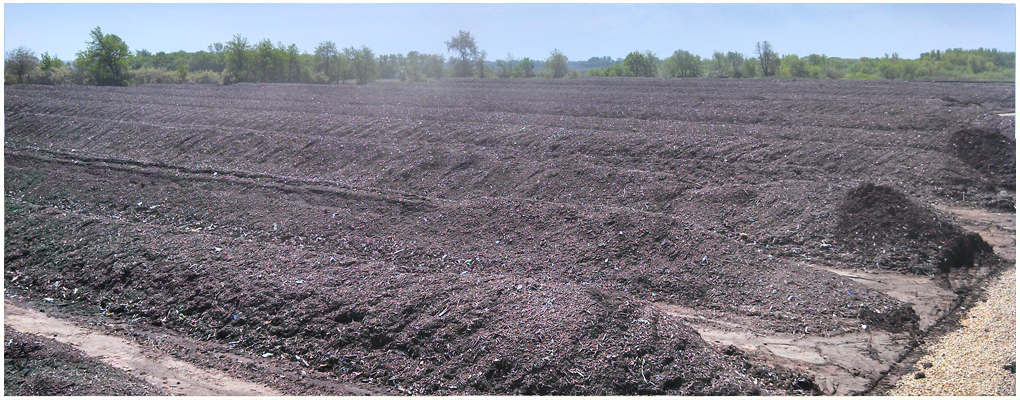Compost
What is Compost?
Compost is organic matter that has been decomposed and recycled as a soil amendment used to create a fertile soil environment. At the simplest level, the process of composting simply requires making a heap of wetted organic matter (leaves and yard waste) and waiting for the materials to break down into humus after a period of weeks or months. Modern, methodical composting is a multi-step, closely monitored process with measured inputs of water, air, carbon-rich, and nitrogen-rich materials. The decomposition process is aided by grinding the plant matter, adding water and ensuring proper aeration by regularly turning the mixture. Aerobic bacteria manage the chemical process by converting the inputs into heat, carbon dioxide, and ammonium. The ammonium is further converted by bacteria into plant-nourishing nitrites and nitrates through the process of nitrification.
Benefits of Compost
The nutrients contained in compost, such as nitrogen, phosphorus, and potassium is essential for optimum plant growth. It is used in gardens, landscaping, horticulture, and agriculture. Compost is a key ingredient in organic farming. The compost itself is beneficial for the land in many ways, including as a soil conditioner, creating a fertile soil environment, addition of vital humus or humic acids, and as a natural pesticide for soil. It builds good soil structure and enables soil to retain nutrients, water, and air. Compost can help protect against drought by increasing the water-holding capacity of the soil. High quality compost can hold an amount of water equal to 200% of its dry weight, compared to only 20% for a low-humus soil. In ecosystems, compost is useful for erosion control, land and stream reclamation, wetland construction, and as landfill cover. This rich organic material is excellent for disease suppression, weed control, and helps promote critical microbial population.

